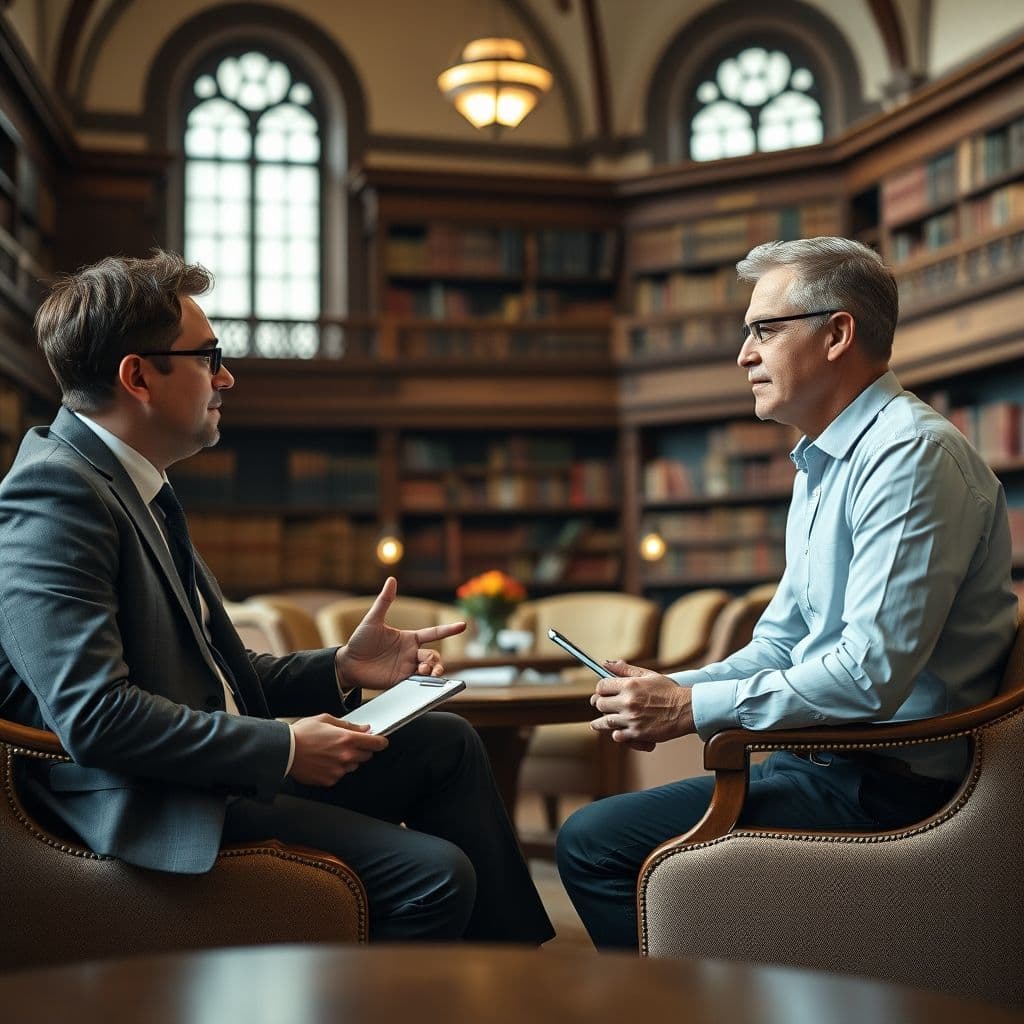Effective Communication Mastery: A Step-by-Step Guide to Improve Your Skills

Effective communication is the cornerstone of success in both personal and professional life. Whether you're aiming to build stronger relationships, advance your career, or simply express yourself more clearly, mastering communication skills is essential. This guide will take you through the fundamental, intermediate, and advanced steps of effective communication, providing practical tips and examples to help you improve. View original learning path
Step 1: Fundamental Concepts
Before diving into the steps, it's important to understand the core concepts of effective communication. These include Active Listening, Nonverbal Communication, Clarity and Conciseness, and Empathy. Active Listening involves fully concentrating on the speaker, understanding their message, and responding thoughtfully. Nonverbal Communication includes body language, facial expressions, and tone of voice, which often convey more than words. Clarity and Conciseness ensure your message is easily understood, while Empathy allows you to connect with others on a deeper level.

Step 2: Fundamental Steps
Now that you understand the concepts, let's explore the fundamental steps to improve your communication. First, Pay Attention and Focus on the speaker without distractions. Next, Practice Active Listening by summarizing what you've heard and asking clarifying questions. Observe Nonverbal Cues to understand the speaker's emotions and intentions. Use Clear and Concise Language to avoid misunderstandings. Finally, Develop Empathy by putting yourself in the other person's shoes and responding with understanding.
Step 3: Intermediate Concepts
✨ Build your personalized learning path in seconds with AI
Try SkillAI for Free →As you progress, you'll encounter more complex concepts like Assertiveness, Conflict Resolution, Cultural Sensitivity, and Emotional Intelligence. Assertiveness involves expressing your thoughts and needs confidently without being aggressive. Conflict Resolution helps you navigate disagreements constructively. Cultural Sensitivity ensures you communicate respectfully across different cultures. Emotional Intelligence allows you to manage your emotions and understand others' feelings.
Step 4: Intermediate Steps
To master these intermediate concepts, start by Practicing Assertiveness in low-stakes situations. Learn Conflict Resolution Strategies like active listening and finding common ground. Develop Cultural Sensitivity by educating yourself about different cultures and avoiding assumptions. Enhance Emotional Intelligence by reflecting on your emotions and practicing empathy in daily interactions.

Step 5: Advanced Concepts
At the advanced level, you'll explore Persuasion, Negotiation, Public Speaking, and Interpersonal Skills. Persuasion involves influencing others ethically and effectively. Negotiation requires finding win-win solutions. Public Speaking demands confidence and clarity in delivering messages to larger audiences. Interpersonal Skills encompass building and maintaining strong relationships.
Step 6: Advanced Steps
To excel in these areas, Master the Art of Persuasion by understanding your audience and crafting compelling arguments. Develop Negotiation Skills by preparing thoroughly and seeking mutually beneficial outcomes. Improve Public Speaking Abilities by practicing regularly and seeking feedback. Refine Interpersonal Skills by being present, trustworthy, and supportive in your interactions.

Conclusion
Mastering effective communication is a journey that involves understanding fundamental concepts, practicing intermediate skills, and refining advanced techniques. By following these steps, you'll become a more confident, empathetic, and persuasive communicator. Remember, communication is a skill that improves with practice, so keep challenging yourself and seeking opportunities to grow.
Ready to level up your communication skills? Share your progress in the comments and let us know which step you found most helpful!
🚀 Create Your Free Learning PathFrequently Asked Questions
- How long does it take to master effective communication?
- The time it takes to master effective communication varies depending on your starting point and practice frequency. Consistent practice and reflection can lead to noticeable improvements within a few months, but mastery is an ongoing process.
- What are common mistakes beginners make in communication?
- Common mistakes include not listening actively, interrupting others, using unclear language, and neglecting nonverbal cues. Avoiding these pitfalls and practicing the steps outlined in this guide will help you communicate more effectively.
- How can I improve my public speaking skills?
- Improving public speaking skills involves regular practice, seeking feedback, and gradually increasing the complexity of your speaking engagements. Joining groups like Toastmasters can also provide valuable experience and support.





